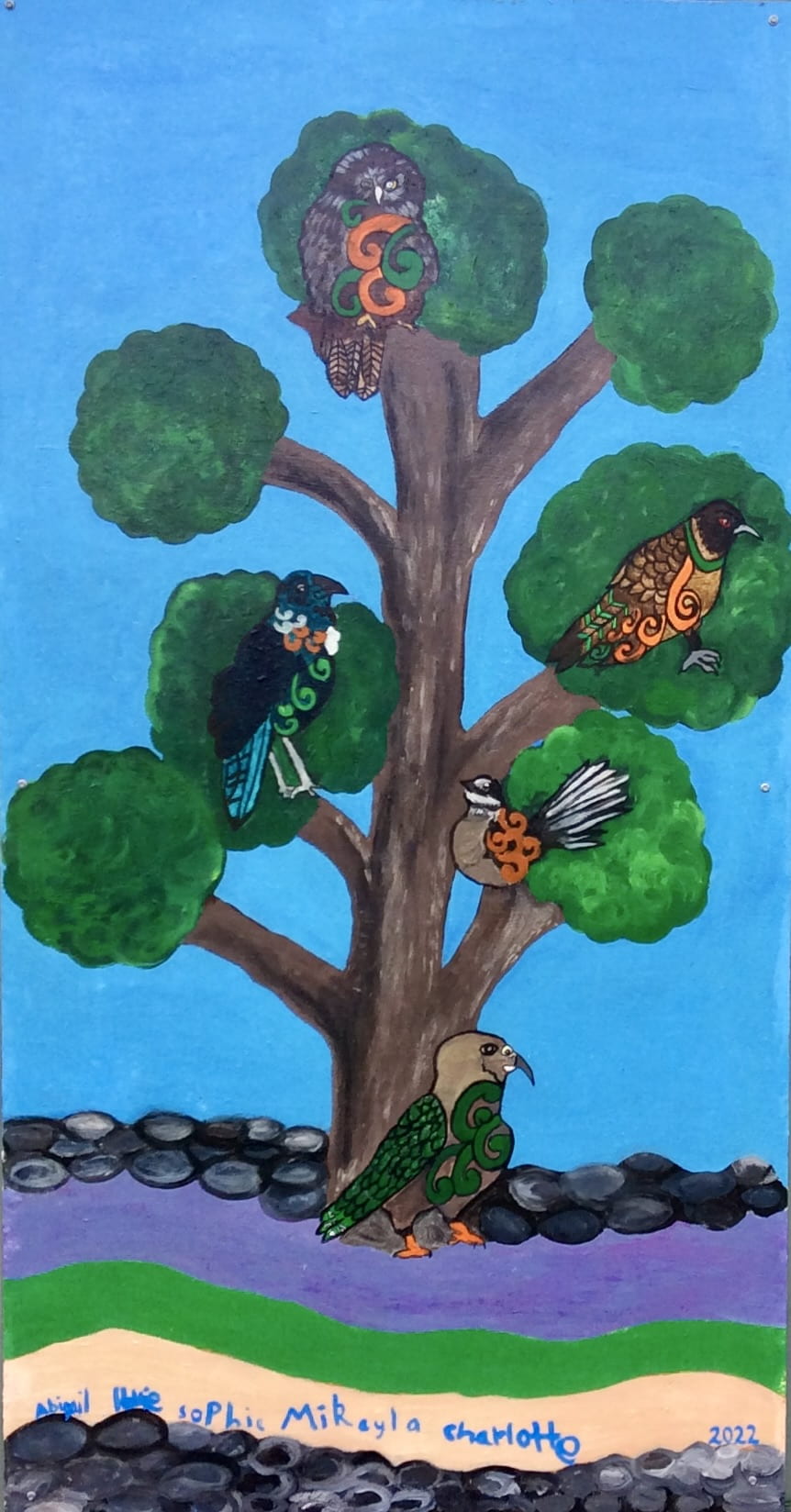Te Whakatere au Pāpori
Navigating Social Currents

Te Whakatere au Pāpori Navigating Social Currents is a research unit based at the University of Auckland’s Faculty of Education and Social Work. Te Whakatere au Pāpori was instigated in 2012 to bring together researchers interested in how children and young people navigate and negotiate their social worlds.
We ask how children and young people:
- come to understand their social worlds and their place within them through lenses such as identity, citizenship, participation, community or children’s voice;
- make sense of unexpected happenings in their social worlds through lenses such as resilience, disaster response and recovery, transience, migration or becoming refugees; or
- make sense of the social issues they face such as poverty, friendships or bullying.
Since its launch Te Whakatere au Pāpori has hosted an international conference, presented symposia at four international conferences and held regular faculty-wide research seminars, as well as producing three special issues of peer reviewed journals and a range of other research outputs.